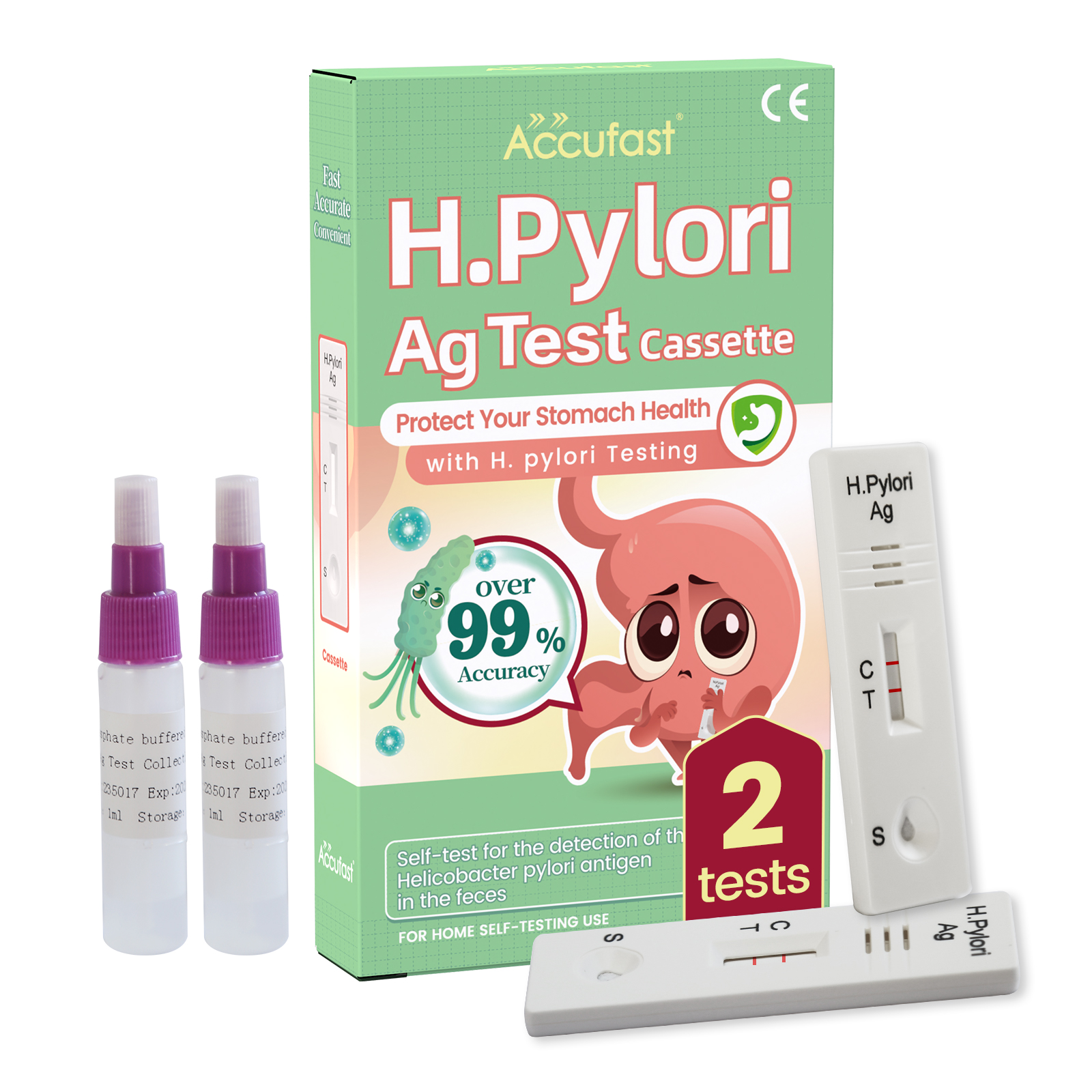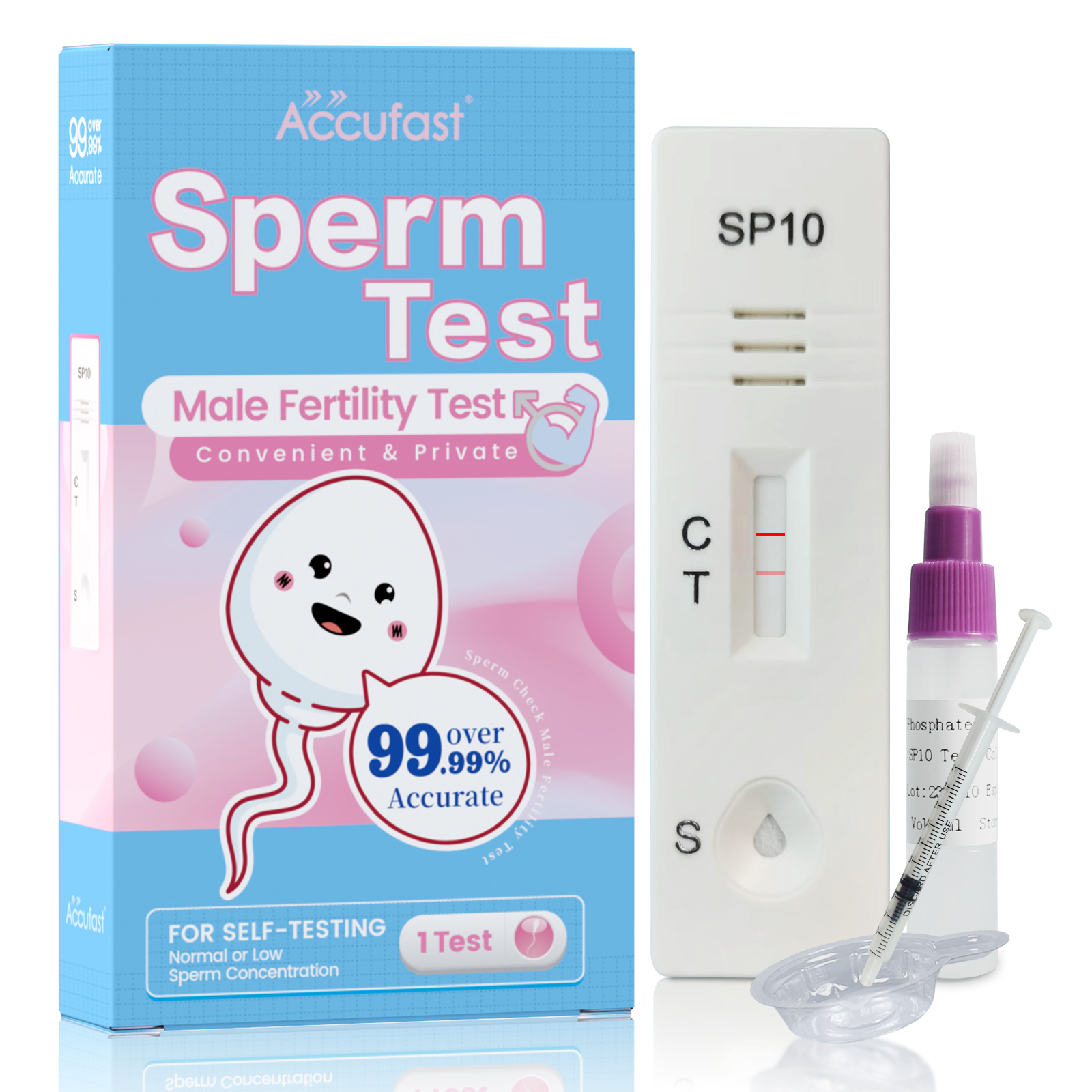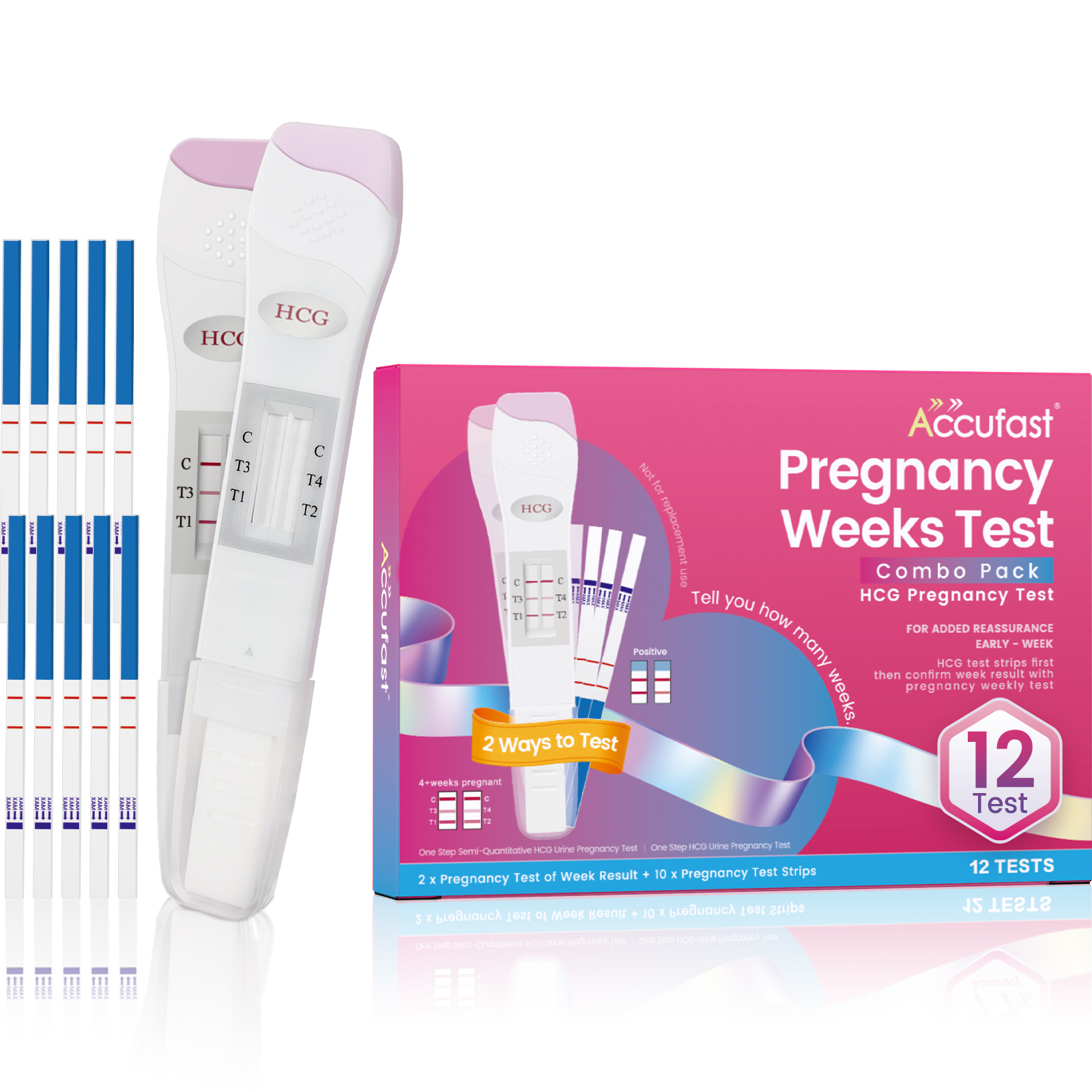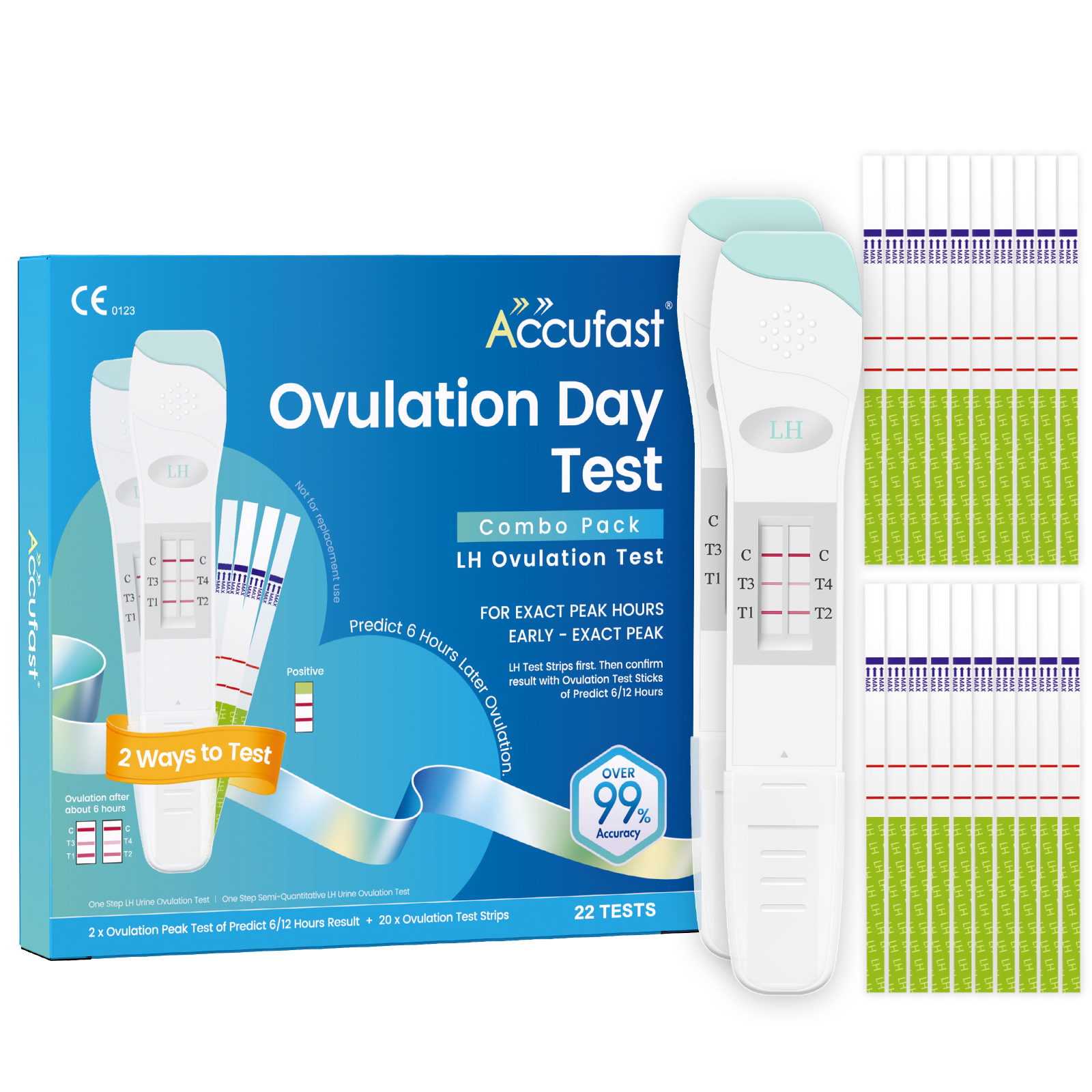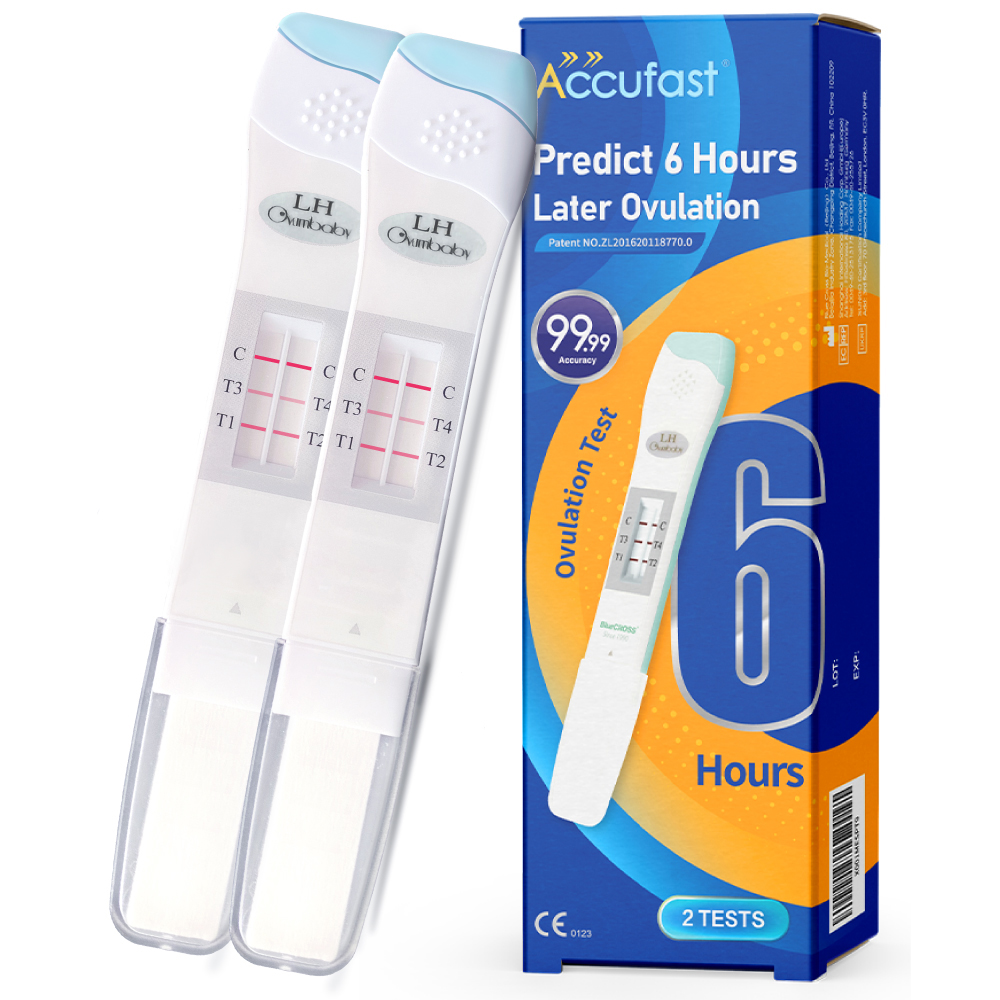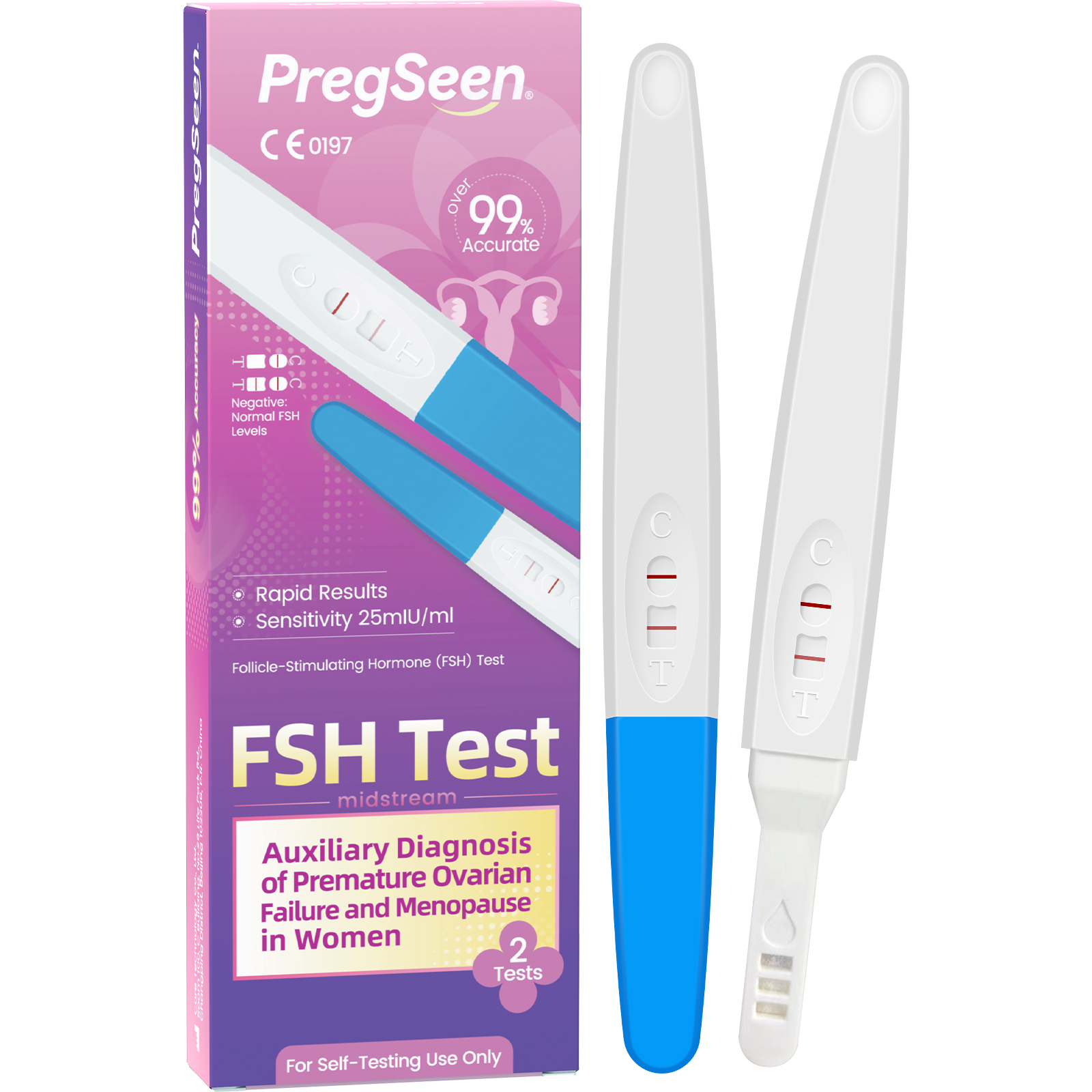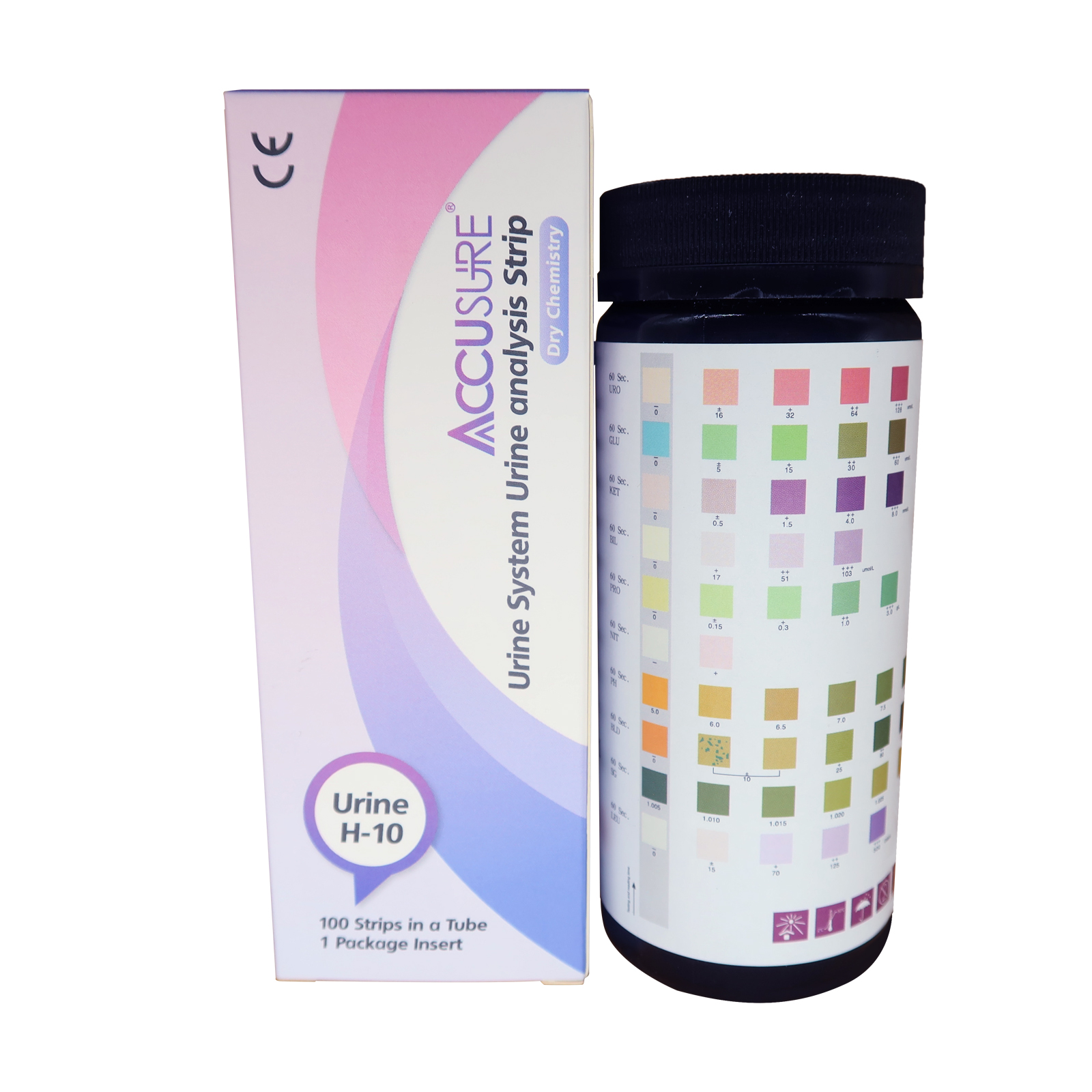Overcoming HIV: Prevention, Testing, and Benefits of Early Detection
Sep 20,2024
Overcoming HIV: Prevention, Testing, and Benefits of Early Detection
Introduction
HIV, or Human Immunodeficiency Virus, is a global health concern that affects millions of people worldwide. The importance of preventing and early detecting HIV cannot be stressed enough. In this blog post, we will explore various strategies to overcome HIV, including prevention methods, HIV testing, and the benefits of early detection.
Understanding HIV
HIV is a virus that attacks the immune system, making it difficult for the body to fight off infections and diseases. It is primarily transmitted through unprotected sexual intercourse, sharing contaminated needles, or from an HIV-positive mother to her child during childbirth or breastfeeding.
It is crucial to dispel common myths and misconceptions around HIV. HIV cannot be transmitted through casual contact, such as hugging, shaking hands, or sharing food or drinks. Understanding the facts about HIV is essential in reducing stigma and promoting prevention.
Prevention Methods
Prevention is key in overcoming HIV. There are various methods individuals can use to protect themselves and others:
1. Abstinence: Choosing to abstain from sexual activity is the most effective way to prevent HIV transmission.
2. Condom Use: Consistently and correctly using condoms during sexual intercourse can significantly reduce the risk of HIV transmission.
3. Pre-Exposure Prophylaxis (PrEP): PrEP involves taking a daily medication called Truvada to prevent HIV infection. It is highly effective when used as prescribed.
Each prevention method has its own effectiveness and availability. It is important to understand and choose the method that suits your needs and situation best.
HIV Testing
Regular HIV testing is crucial for both individuals at high risk of HIV transmission and the general population. Testing allows individuals to know their HIV status and take appropriate measures for their health and the well-being of others.
There are different types of HIV tests available, including blood tests, oral swab tests, and self-testing kits. These tests are highly accurate in detecting HIV infection. It is recommended to get tested at least once a year or more frequently if you engage in high-risk behaviors.
Benefits of Early Detection
Early detection of HIV has numerous benefits, both for the individual and for public health:
1. Improved Treatment Outcomes: Detecting HIV early allows individuals to start antiretroviral therapy (ART) promptly. ART helps manage the virus, maintain a healthy immune system, and reduce the risk of transmitting HIV to others.
2. Enhanced Quality of Life: Early detection and timely treatment help individuals lead a healthier and more fulfilling life, minimizing the chances of developing AIDS-related complications.
3. Prevention of Transmission: When HIV-positive individuals know their status, they can take precautions to prevent transmitting the virus to their partners, reducing the overall spread of HIV.
There are inspiring stories of individuals who detected HIV early and managed the virus successfully, leading productive lives while effectively controlling the virus.
Overcoming Stigma
Stigma is a major barrier to HIV prevention, testing, and treatment. It can lead to fear, discrimination, and hinder individuals from seeking the help they need. Overcoming stigma is crucial for creating a supportive environment and encouraging individuals to access HIV prevention methods and testing.
Education and awareness can help challenge misconceptions and reduce stigma around HIV. By promoting understanding and acceptance, we can foster an environment where individuals feel safe and supported in their journey to overcome HIV.
Conclusion
Overcoming HIV requires a comprehensive and multi-faceted approach. By prioritizing prevention methods, regular testing, and early detection, we can reduce the impact of HIV on individuals and communities. Let us work together to create a future where HIV is no longer a barrier to living a healthy and fulfilling life.
Remember, knowledge is power, and together, we can overcome HIV.
If you are unsure about your HIV status or need more information, reach out to healthcare providers or community organizations specializing in HIV/AIDS. Stay informed, stay safe, and work towards a world free from the burden of HIV.





